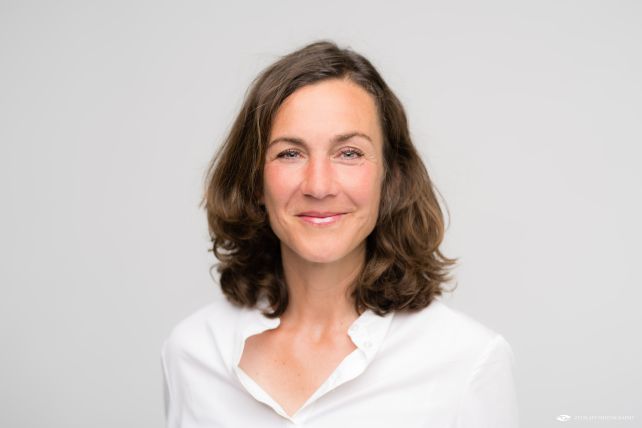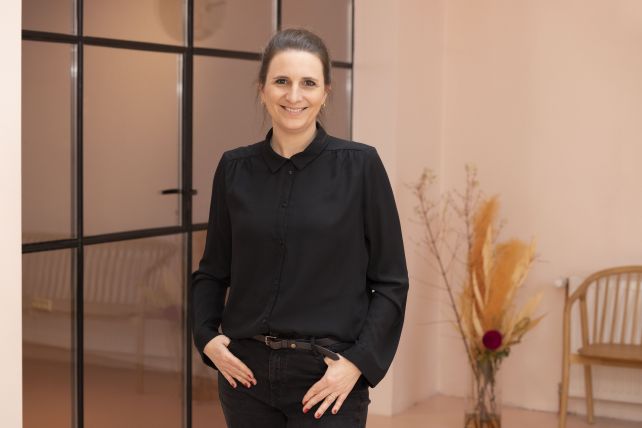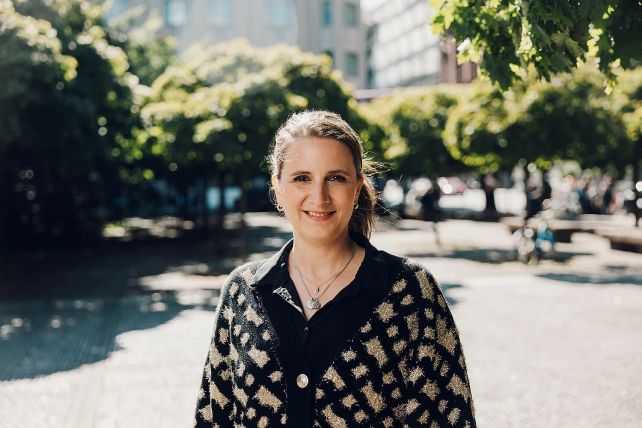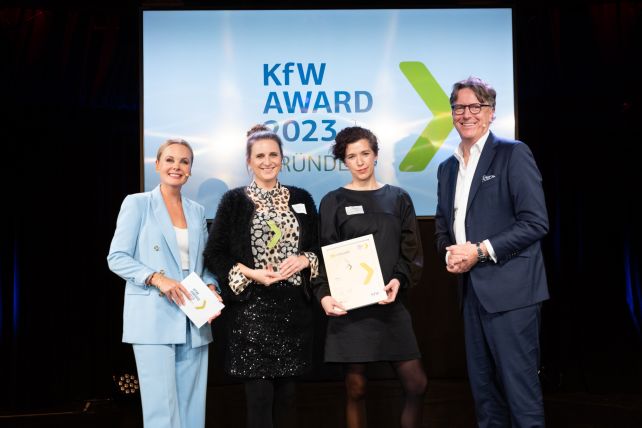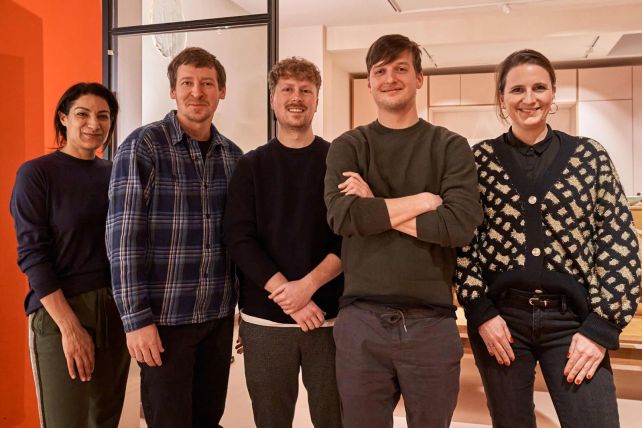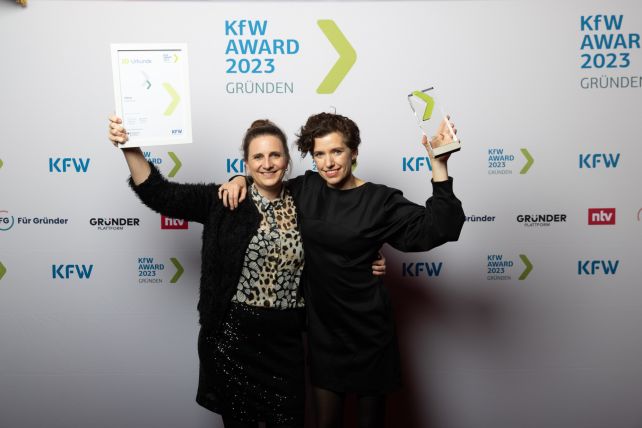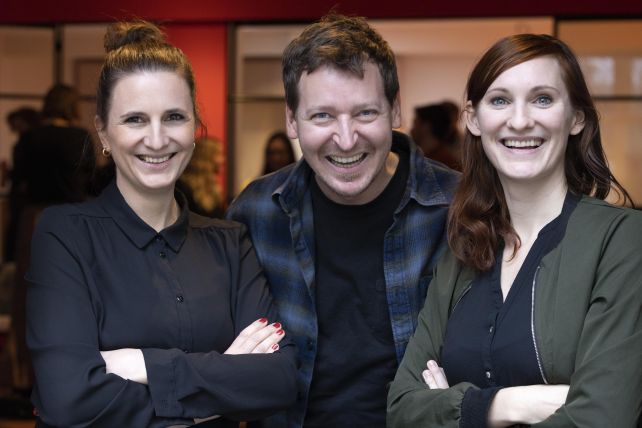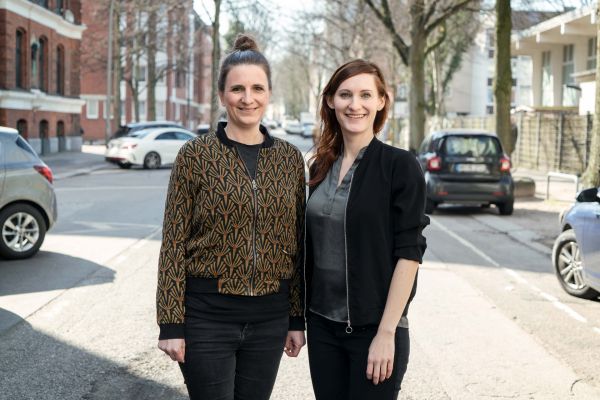
The digitization of school education is one of the big topics of our time. The Hamburg-based startup fobizz has been doing pioneering work in this field since 2018 and has already managed to win over around a quarter of all teachers in Germany.
"Our future sits in the school desks," says Dr. Diana Knodel of EdTech startup fobizz, adding, "Teachers have the most important job in the world." "Education is the most powerful lever for positively shaping the future," confirms her colleague Theresa Grotendorst.
The two founders know exactly what they are talking about; after all, they have been committed to helping schoolchildren getting started in the digital world for many years. Diana founded the App Camps with her husband Philipp in 2014. The original idea was to teach children the first basic skills for creating an app in workshops and to help them achieve a guaranteed success in the process.
Theresa pursued a similar concept as the organizer of events such as Code Week or Jugend hackt. The participants here usually already have some prior knowledge, and it is impressive what sophisticated games and programs young people develop there in a short time. However, they tend to belong to a minority that has acquired the necessary expertise privately.
In order to impart this know-how to as many children as possible, strong allies are needed: the nearly 800,000 teachers in Germany. There is a great willingness to immerse themselves in the digital world and take their students with them, but the necessary training opportunities are often lacking. The option of traveling across the country for classroom training and then reaching perhaps 30 people at a time did not seem to the founders to be very effective.
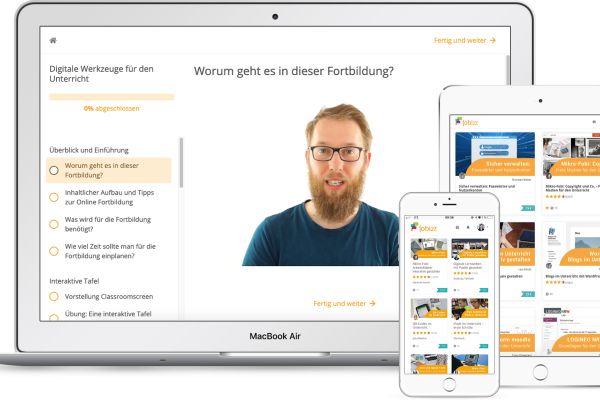
Individual learning with online courses
"Digital is better" was therefore the obvious motto and led to the founding of fobizz in 2018 by Theresa, Diana and Philipp. The company name includes the industry-standard abbreviation for continuing education (in German: Fortbildung), "Fobi." Diana and Theresa still created the first courses offered via fobizz with the basics of app development and programming themselves. Beforehand, more than 100 teachers who had heard about the project via Twitter had the opportunity to test the offer.
The online training courses that were tested and found to be good at that time still represent the main format of fobizz. The courses are based on videos that convey content on digital topics, with exercises and playful elements reinforcing the learning effect. There is no fixed timetable; users can set their own learning pace and access all elements as often as they like for a year.
Some of the courses are free, while the others cost between €9.90 and €49. However, most people book a flat rate, which costs €199 a year for a single person and provides access to the entire training offering. The first sales fobizz actually achieved with particularly committed teachers. But that could only be a first step, because the declared target group was not individuals, but entire schools or even municipalities and federal states.
Two historic developments, one pleasing, the other not, provided additional momentum for fobizz. In 2019, the digital pact adopted by the German government came into force, which is intended to drive forward the digitization of general education schools, primarily by providing the necessary hardware. Five billion euros were approved for this; this is the pleasing development. In 2020, the budget was increased by another 1.5 billion euros, for an unpleasant reason: the Corona pandemic.
Suddenly, the virtual classroom was on everyone's lips. A corresponding training course on fobizz had 30,000 hits in a short time. Unfortunately, the digital pact is developing less dynamically. Payment of the subsidies has been slow so far, which is partly due to the federal system in Germany, where the individual federal states have sovereignty over education.
At least these two developments have ensured that the topic of digitizing schools and teaching the relevant content in the classroom is being discussed much more broadly and tackled more intensively. fobizz has long since gained a large number of schools and even federal states such as Mecklenburg-Western Pomerania and Saxony as customers. Therefore more than 200,000 teachers nationwide have already taken advantage of the fobizz service, which in turn has benefited more than five million schoolchildren. fobizz says they are particularly strong in North Rhine-Westphalia, where 40 percent of teachers have already taken courses offered by the EdTech startup.
Around 150 online training courses can now be found on fobizz, from around 100 authors, most of whom come from the teaching community and whose courses first undergo a quality check before they are activated. The spectrum of content is correspondingly broad. It has long since ceased to be just about software programming and the like. Current topics such as how to deal with refugee children and Internet skills, for example in relation to fake news and bullying, are in particular demand. In addition, there are live webinars and an active community.
The recognition for the merits of fobizz are great. The startup has just been awarded the Comenius Edu Medal at the Comenius Awards and has thus received one of the most important European multimedia prizes for "Digital Innovations in Europe". The medal is awarded by the Gesellschaft für Pädagogik und Information e.V. (GPI) for educational media that are outstanding in terms of pedagogy, content or design.
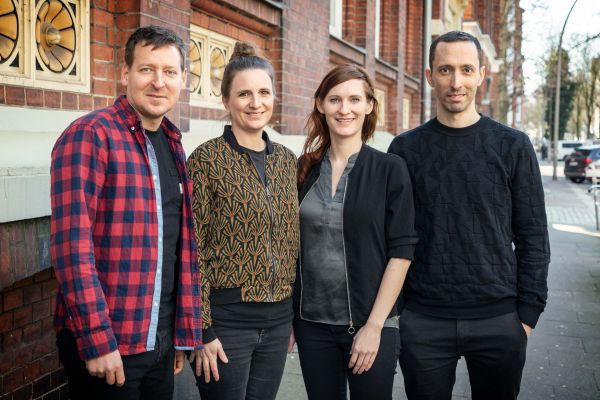
fobizz is financially independent
fobizz owes its success not least to positive word-of-mouth advertising and has so far managed almost exclusively with its own capital. This documents the startup's exceptional position, but things look less good for others: "Unfortunately, many education startups and initiatives still often fail because of funding. That's why we as an education startup hope that more public and private-sector investments will be made in newly founded companies in Germany in the future. More impetus should also come from politics here, for example simplifying market access for education startups or funding programs with a focus on educational technologies." Diana comments on the general situation.
By the way, fobizz did receive some financial support, namely through InnoFounder, the funding program of IFB Innovationsstarter GmbH. This has already helped many startups take their first steps and has contributed to fobizz's steady growth and the fact that by the end of 2022 it will consist of 30 permanent team members.

